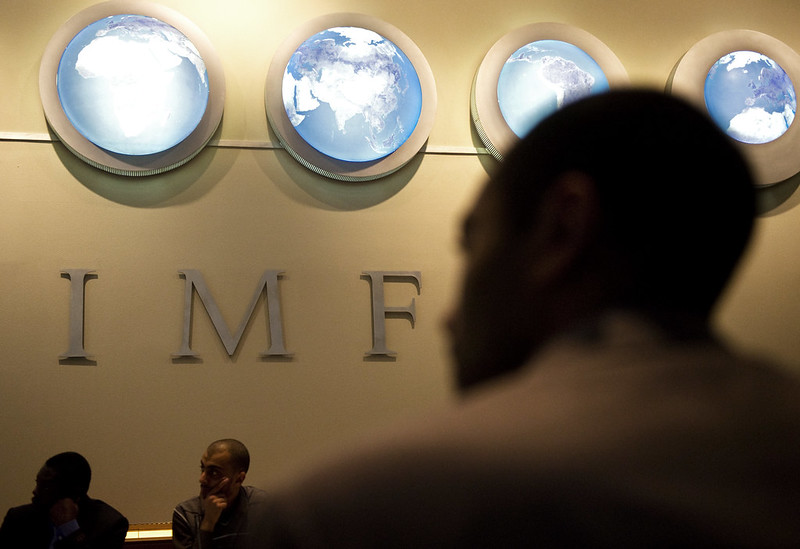Zambia has achieved a significant milestone in its almost three-year struggle since becoming the first African country to default during the Covid-19 pandemic. The nation has successfully secured debt relief from its bilateral creditors, offering a glimmer of hope to other indebted countries such as Ghana, Ethiopia, Sri Lanka, and Pakistan.
The breakthrough agreement was announced at a summit in Paris, which seeks to revamp the global financial architecture to foster fairness for emerging nations. Notably, it marks the first major concession granted to a developing country under the Group of 20 (G20) nations’ Common Framework. This development is especially significant as it includes China, Zambia’s largest lender, whose previous reluctance to compromise had drawn criticism from US Treasury Secretary Janet Yellen.
Under the agreement, repayments on $6.3 billion of bilateral liabilities will be extended over a span of approximately 20 years, with a three-year grace period before payments commence. Following the G20 framework, private lenders will also be required to offer comparable concessions. It is important to note that the debt has not been completely forgiven, as some advocates had hoped for, but rather it will be repaid on more favourable terms. Additionally, certain funds allocated for projects, mainly from Beijing, may have been excluded from the relief package.
This development represents a significant boost for Zambia, as the nation can now anticipate an additional $188 million payout from the International Monetary Fund (IMF). As a result, Zambia’s bonds and currency have experienced a rally, reflecting renewed investor confidence. Furthermore, this achievement paves the way for other distressed nations, demonstrating that constructive negotiations between Western governments and China are possible.
Zambia’s case serves as a valuable lesson for countries that have been enticed by seemingly easy access to funds for large-scale projects, often with the aim of securing electoral victories. The southern African nation paid a steep price for its unsustainable borrowing practices, including a record decline in its currency, surging inflation, a change in government leadership, and severe cuts in public spending.
Mark Malloch-Brown, President of Open Society Foundations, emphasised the lasting impact of this debt burden on Zambian society, stating that it is not a temporary cost but rather a long-lasting scar that future generations will bear. This sobering reality underscores the urgent need for global relief measures, as the International Monetary Fund estimates that around 70 low-income nations currently carry a combined debt burden of $326 billion, with more than half of them already teetering on the brink of debt distress.
While each country’s situation is unique, Zambia’s achievement demonstrates that fruitful negotiations can take place between Western governments and China, offering hope for other nations in similar predicaments. The successful debt relief agreement not only provides Zambia with a pathway towards economic recovery but also highlights the imperative for coordinated international efforts to address the pressing debt challenges faced by numerous nations worldwide.

